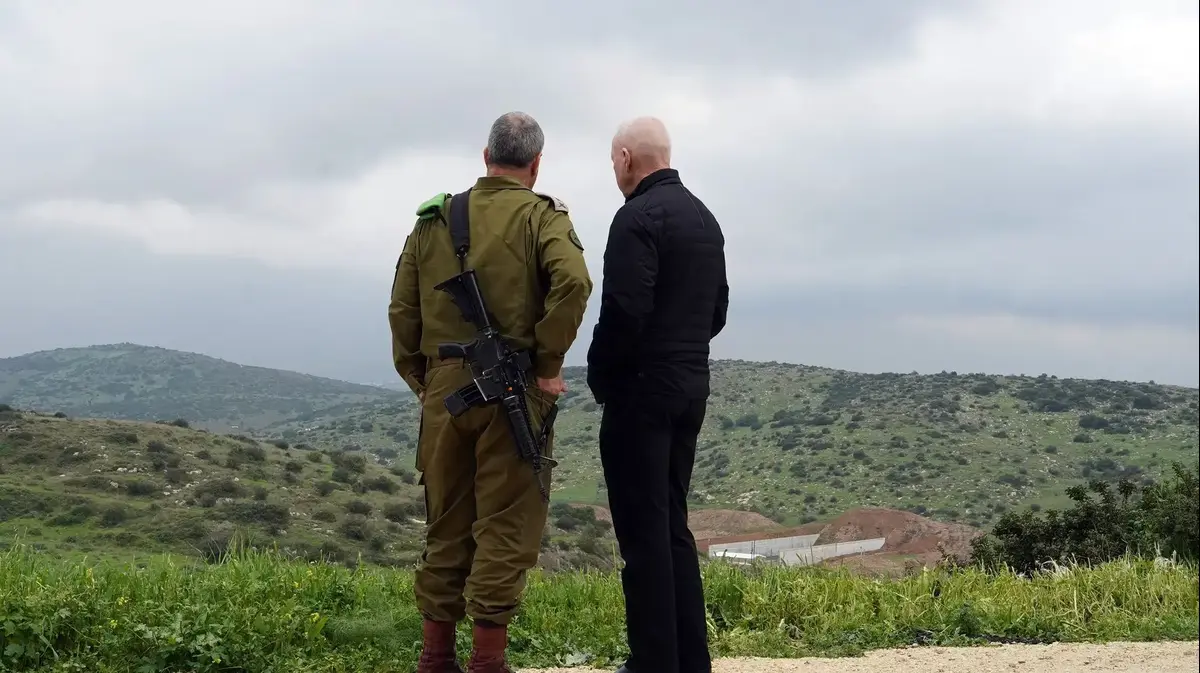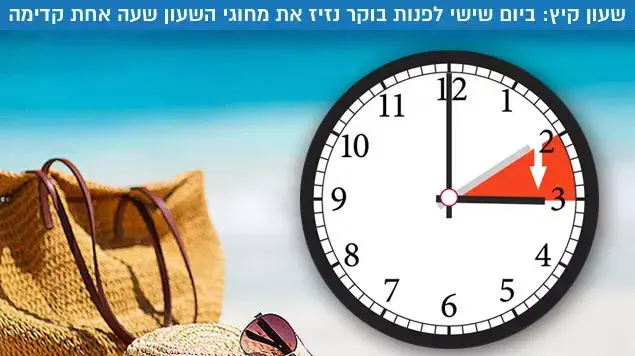One has a leisurely breakfast with a friend, the daily coffee and croissant, the daily routine, and ignores that this will be the last time, that death will break in a few minutes and life will change forever.
"How do you think something like this could happen here?" Says Jean-François Gourdon, treasurer of the Notre-Dame basilica in Nice.
"Never, never, never," he adds.
At eight in the morning, Gourdon had breakfast in a nearby café, as he usually did, with the basilica's sacristan, Vincent Locquès.
Together they opened the doors of the temple and said goodbye.
Before leaving, Gourdon said to Locquès: "See you at six in the afternoon."
It was time for mass.
A few minutes after saying goodbye, a man entered the temple with a knife and killed Locquès and two women who were praying inside at the time.
Jean-François Gourdon had been gone ten minutes.
He heard the sirens and made his way back.
The church was already cordoned off.
"I saw a corpse in the atrium," he recalls hours later, as night fell and the cathedral was still cordoned off.
"I immediately understood that it was him."
Nice is a seasoned city, the attacks are not something new for its inhabitants, but the stupor and anger after each attack do not disappear.
Memories pile up in this city sandwiched between the last foothills of the Alps and the Mediterranean, a city triply hit by terrorism, as President Emmanuel Macron recalled a few hours before in front of the cathedral.
On February 3, 2015, a radicalized criminal attacked three soldiers with a knife guarding a Jewish community center near Notre-Dame.
And on July 14, 2016, a terrorist behind the wheel of a truck killed 86 people on the Paseo de los Ingleses, where they had come to see the fireworks of the National Holiday.
"Why Nice?
Why do they always choose Nice? ”Houfrane Zaki, a Muslim woman from the Comoros Islands, shouted at Notre-Dame, who had called for a minute of silence, an ecumenical vigil in which walkers and journalists mixed .
"This guy was not Muslim: he was a scoundrel," he says, referring to the terrorist.
"Stop!
Those who want to kill, go to their country to do it, ”he says while his increasingly louder tone of voice attracts the crowd, until the interview with this correspondent ends up becoming a small rally.
"Islam is a religion of peace," he says as a man carrying crosses and a Notre-Dame candle shakes his hand.
His name is Frank Rousselot, he is a kindergarten teacher and a faithful of the basilica, which he attends every Sunday.
Later, he leaves the candle in front of the church.
"I have left the candle because I think it is important that the light returns," he explains.
"Today has been a dark day."
The atmosphere is strange this afternoon in Nice.
Sad and dark, as Rousselot says, but also hasty, because it is a doubly particular day.
Because of the attack and because the national confinement against the coronavirus comes into force at midnight.
It is time to do the last shopping and go home.
"I can't explain to my daughter why I hate so much," says Suzanne Beer, a philosophy professor at a Paris high school who has come to Nice for a few days.
I was going to return to Paris on Sunday;
the confinement has forced them to advance the trip.
His seven-year-old daughter runs around in the park behind the basilica as the forensic police go in and out of the temple.
“We are not believers, but I have explained what a religion is.
But between religion and religious fundamentalism there is a great difference.
And with killing there is also a difference: fanaticism ”.
Father Frank Parmentier, priest of Notre-Dame, does not think it possible to find explanations.
“We can't understand it, because if we did, it would mean we could do it.
If you understood it, it would disturb me, ”he says.
The churches already knew that they could be in the crosshairs of jihadism, at least since the slaughter of the priest of Saint-Étienne-du-Rouvray on July 26, 2016. Now, Macron said, they are a place that deserves special protection, like schools, which reflects well the grave moment that this country is experiencing.
“There is a text by Saint Paul that says: 'Neither death nor powers, nothing can separate us from the love of God.
We are all confronted with death ”, says Parmentier as the bells of this late 19th century church ring in a neo-Gothic style, inspired by Notre-Dame de Paris and Angers Cathedral, to mark the French character of this city that he did not join France until 1860. "The Christian does not fear death," he concludes.
Scene of terrorism and starting point of jihadists
"I heard the shots and I thought of July 14," said the concierge of an office building in front of the Notre-Dame cathedral in the city of Nice. The woman, who did not want to give her name, was referring to the July 14, 2016 truck attack on the Paseo de los Ingleses. When on Thursday morning the neighbors heard the shots of the police that wounded the terrorist who killed three people and when they heard the sirens throughout the center of the city; And when a few minutes later the first news of the attack came out and reached the ears of the rest of the population through social networks or the news, they all thought of that national holiday that ended in a massacre perpetrated by a jihadist who attacked passers-by with a truck. This city knows the threat raw, it is a front in terrorism. For the attacks suffered: that of the Paseo de los Ingleses and, in 2015, that of the soldiers who were injured by a knife attack in front of a Jewish center. But also because it was during the last decade one of the main starting points for French people who emigrated to Syria to join the ranks of the jihadist group Islamic State.

/cloudfront-eu-central-1.images.arcpublishing.com/prisa/CGS6FIBGD5GXRP7XFZ2WK6SOMM.jpg)







